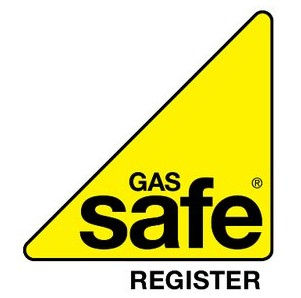Spooky House Syndrome
- Ivo @ Plumbingwerx
- Nov 2, 2019
- 2 min read
I read an interesting article recently, that I thought I would share, with permission. You can find it at the Professional Builder website, just click on the logo below:
This short article mentions some great points on plumbing issues that are super normal, but can appear to be more supernatural. Having said that, just because they’re common, doesn’t mean they have to be put up with.
So, as we are now officially at that time of year where we start turning on our heating, we’re more likely to notice some of the following things:
Cold spots
These can often be caused by poor ventilation, and/or poor air circulation in your property. There may be an item of furniture that prevents the heat from the radiator convecting around the room correctly. There could be a hidden air brick, giving off a localised draught. There could be poor insulation, meaning that more heat is lost in a particular location.
Poor ventilation can also lead to the formation of condensation inside your property, making the walls wet, and causing issues with damp/mold. This one, in particular, can have health implications if not dealt with appropriately.
There are many reasons for cold spots in a property, so be sure to check your insulation, and draught excluders are situated correctly first.
Bad smells
The temperature drops at around this time of year, and rainfall increases. This can cause smells of damp, and reveal other odours that are dormant during the summer. It’s possible there’s an issue with the building itself; I’ve been called out a few times in the past because the customer thought there was a leak, when it was just down to rain coming in through the building. As the rain enters the property, it’s mixing with various different building materials, and can sometimes lead to unusual smells.
If there’s an issue with leaves blocking up your guttering, which themselves will start to decompose, this can also give off a distinctive smell.
Unusual noises
There will typically be three different metals that make up your heating system: steel radiators, brass radiator valves/fittings, and copper pipework. As it gets colder, you turn the heating on, and these are suddenly filled with quickly-circulating hot water. What happens when metal gets hot? It expands.
It’s very common to hear what are often described as creaking, knocking, tapping, ticking, and popping noises. If the pipework is tucked right up against the floorboards, hasn’t been supported/clipped correctly, and isn’t insulated you can get a real mixture of noises when the heating is on.
In all honesty, the above (except for the mold) shouldn’t be dangerous in-and-of themselves. They can sometimes be an indicator that things aren’t quite right, though.
If you’re worried, just be sure to call a reputable plumber/heating engineer out to investigate BEFORE you call for an exorcist.
- Ivo @ Plumbingwerx






Comments